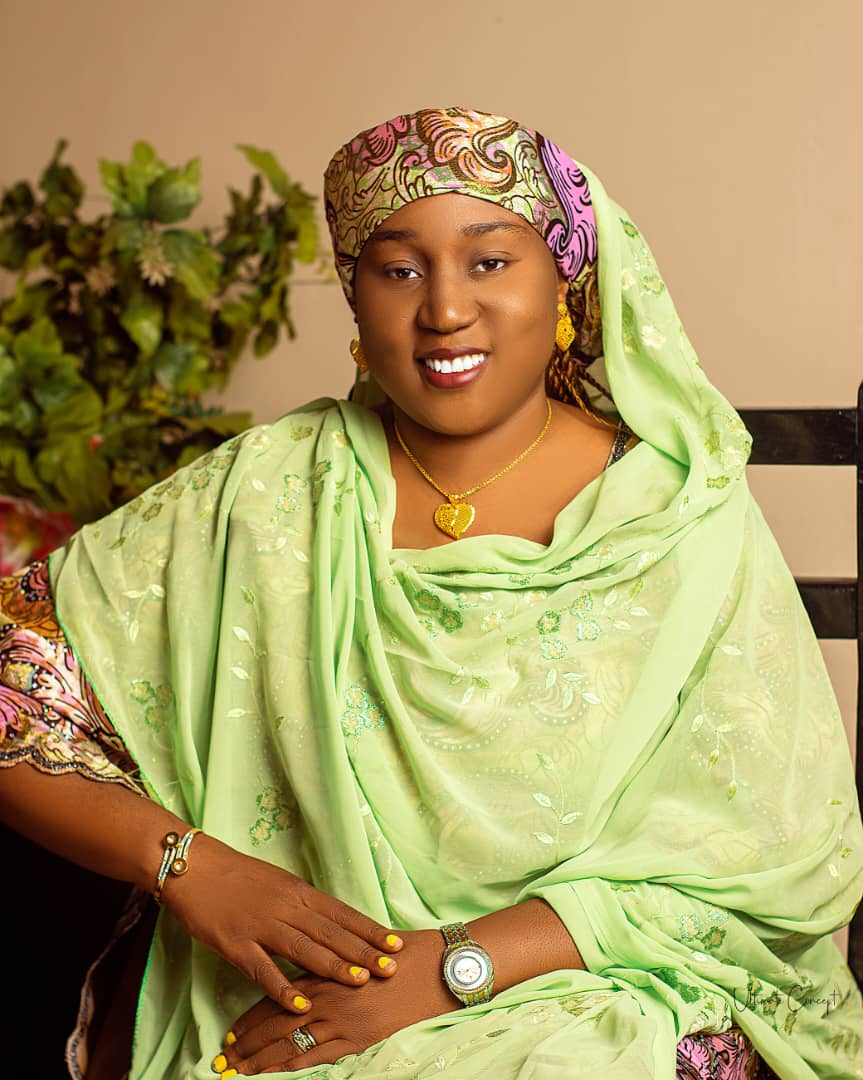Reclaiming Space: Women Poets Who Challenge Cultural Norms
In a world where cultural narratives are often dominated by patriarchal voices, women poets have emerged as powerful agents of change, using their words to challenge and redefine societal norms. This article explores the remarkable work of women poets, particularly from Africa and Nigeria, who courageously reclaim their spaces and inspire others to do the same. We will highlight the exceptional talent of poets like Gotname from Zuru, whose verses resonate deeply within the context of cultural rebellion and empowerment.
The Voice of African Women Poets
African women poets have historically used their art to address issues such as gender inequality, identity, and social justice. Culture is often intertwined with the everyday lives of women, shaping their experiences and limiting their freedoms. However, through poetry, these women articulate their struggles and triumphs, effectively reclaiming narratives that have long been marginalized.
Gotname: A Voice from Zuru
Gotname is a contemporary poet from Zuru, Nigeria, who captures the complexities of women’s experiences in her work. Her poetry often addresses themes of love, loss, resilience, and the fight against cultural constraints. Gotname’s distinct voice challenges traditional gender roles and encourages women and girls to break free from societal expectations. Through her evocative language and vivid imagery, she invites readers to reflect on the societal norms that seek to confine them.
In one of her poignant poems, Gotname writes about the desire for autonomy and the right to express one’s individuality without fear of judgment. Her work serves as both an affirmation of identity and a call to action for women to embrace their power.
Nigerian Poets Challenging Norms
Nigeria is home to an array of talented women poets who actively challenge cultural norms through their writing. One such poet is Chinua Achebe, known for his bold explorations of gender issues in a society often rooted in tradition. His collection of poems voices the struggles of women navigating the complexities of modern life while honoring their cultural heritage.
Another transformative figure is Sulaimon T. Duyile, whose poetry addresses the intersections of race, gender, and identity. His evocative verses compel readers to confront societal expectations and highlight the strength found in vulnerability. Together, these poets weave rich narratives that provoke thoughtful conversations about the roles women play within both the family and society at large.
Pan-African Perspectives
Beyond Nigeria, many African women poets contribute to this reclamation of space. For instance, Warsan Shire, a Somali-British poet, has gained international acclaim for her powerful poetry, shedding light on the immigrant experience and the challenges women face. Her poem “Home” has become an anthem for those who feel displaced, pushing against the cultural boundaries that often stifle women’s voices.
Unapologetic Authenticity
These poets share a commitment to unapologetic authenticity in their work. They refuse to conform to societal norms that dictate how women should think, feel, or express themselves. Instead, they weave their individual narratives into a larger tapestry of experiences, revealing the richness and diversity of women’s lives.
By doing so, they pave the way for future generations of women to embrace their identities and express themselves freely, reaffirming the idea that poetry is a powerful medium for challenging cultural norms.
Q
Women poets across Africa, including remarkable voices like Gotname from Zuru, are reclaiming their spaces through the transformative power of poetry. By challenging cultural norms, they devise a way to honor their experiences and inspire others to rise. In a world that often seeks to silence women, these poets sing out, their words echoing with courage, resilience, and hope.
As we celebrate their contributions, it serves as a reminder that poetry is not just an art form; it is a declaration of autonomy, a testament to the strength of women, and a catalyst for social change. In reading and sharing these poets’ works, we empower ourselves and honor the collective journey of women striving for cultural and personal liberation.


